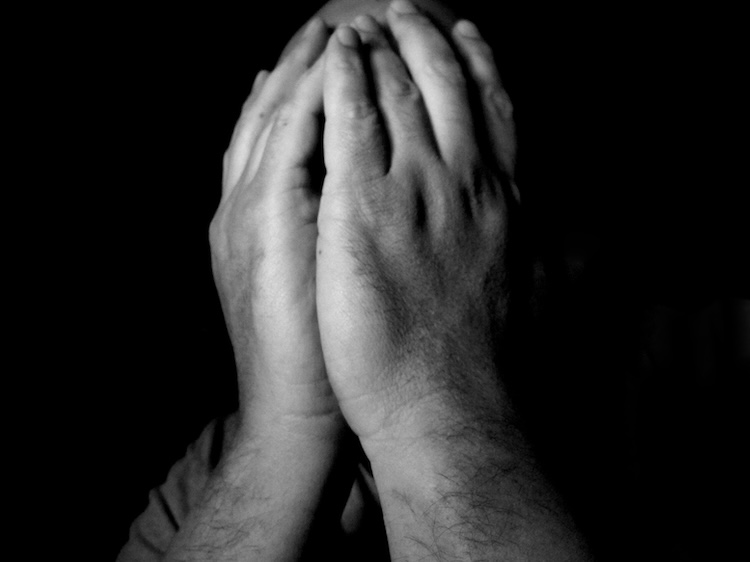Family carers hiding harm by vulnerable relatives due to guilt and fears of State care
14 February 2025

Many carers are reluctant to disclose their experiences of harm due to fear and shame Credit: frankieleon, CC BY 2.0
Some family carers are hiding physical and emotional harm by vulnerable relatives because they fear intervention by the State, experts have warned.
Guilt and shame are also major factors in some carers’ reluctance and fear to discuss the mistreatment they have suffered at the hands of family members in their care.
The findings come from a study led by (opens in a new window)Dr Sarah Donnelly at the UCD School of Social Policy, Social Work and Social Justice in partnership with Family Carers Ireland.
Researchers interviewed carers of children and adults with autism and carers of people living with dementia, all of whom had complex needs.
They also carried out focus groups with a variety of healthcare professionals.
Carers described the ‘hidden harm’ they experienced, including shouting, damage to possessions or the family home, physical violence, emotional and psychological distress and being prevented from sleeping.
However, carers also spoke of the ‘stigma and guilt’ they experienced when revealing these experiences.
“There’s a huge silence,” said one participant, a mother of two children with autism.
“Even when I'm talking to other carers, we don’t talk about it.”
In particular, some carers said they feel guilty for being unable to protect other family members – for example, younger siblings – from harmful behaviours by the vulnerable relative.
Many carers also fear that reporting harm might lead to unwelcome interventions such as admission of the relative to residential care, or the removal of other children in the family to a place of safety.
Parents revealed that in situations where there was an immediate danger of harm to the carer or other children, often the only solution available to them was to call the Gardaí.
Gardaí can seek a ‘Section 12’ order and then take the child to the Accident and Emergency Department of the local hospital.
One mother caring for a child with autism described the State’s response to a violent incident.
“I ended up in A&E with bruises and four broken ribs, and ‘C’ was taken in by the guards on a Section 12 [order]. This is how C ended up in voluntary care,” she said.
“The poor guards, they know C inside out, and they even have said to me that ‘it’s so unfair that you have no other choice but to ring us’.”
Social workers from the Child and Family Agency then suggested taking her younger child into foster care, leaving her to care for her daughter who was exhibiting harmful behaviour.
Some family carers said that they were ‘forced to’ put their child with autism into residential care, as it was the only way to access support for them.
Many carers also reported additional harms by the ‘system’. These included unrealistic expectations by services and practitioners, being put under pressure to ‘carry on’, lack of services and support, and being made to feel ‘undeserving’ or inadequate by some healthcare professionals.
The study’s authors have called for new legal rights to ensure that carers are better protected, including a right to an ‘assessment of need’ for both the carer and the relative they care for.
They also highlighted the importance of proactive support from social workers and carers’ organisations.
“Family carers are the backbone of our health and social care system,” said Dr Donnelly.
“We need to ensure we are providing family carers experiencing carer harm with the necessary support and help while also ensuring the safety and wellbeing of all members of the family unit.”
By: Rebecca Hastings, Digital Journalist, UCD University Relations
To contact the UCD News & Content Team, email: newsdesk@ucd.ie






